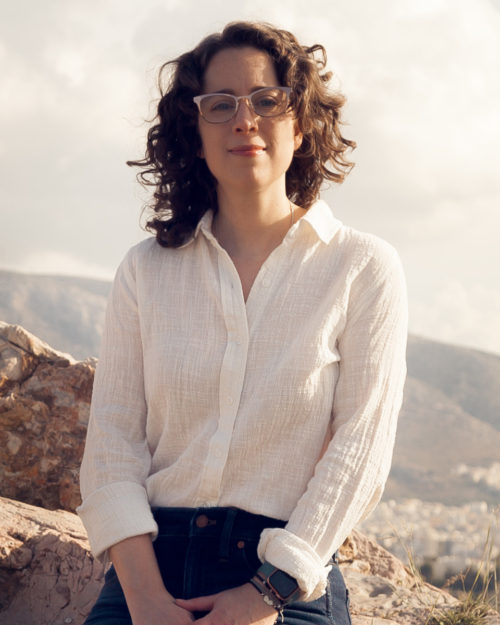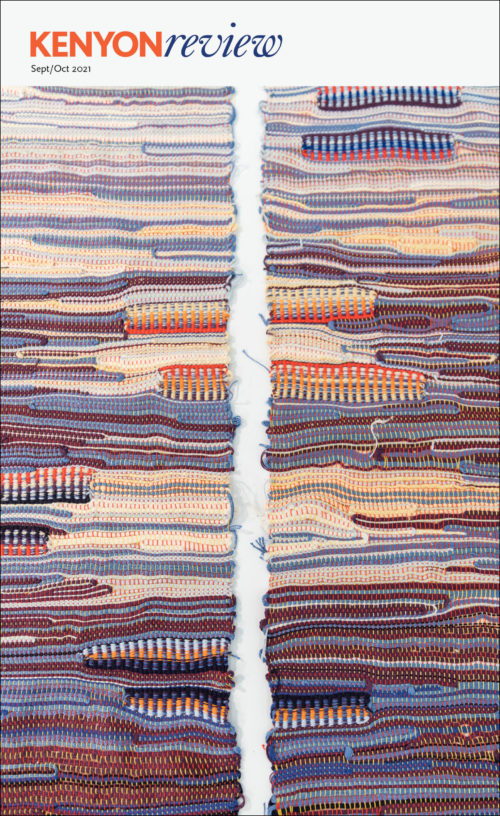1
A woman with flashing eyes, smiling,
the sash of her dress hanging low,
standing amidst the tragic serenity—
2
Let me sing among skeletons
and souls whose life force faded,
alone on the deserted courtyard wall
of a monastery from the time of the Ottoman Empire,
while watching motionless bells ripen—
3
I traced a mystic orgy in chalk,
it was surrounded by burning bushes that licked the members,
shadowy snakes encircled the dark-skinned loins,
and in the belly’s lake a red eel swam—
4
Oh friends, how you dance, masked,
on a mountaintop stamped by throngs,
playing with colorful ribbons,
dancing, look, there’s the maypole—
5
And the sun punctures the greenery,
casts golden doubloons on the ground
a response to our self-offering—
6
The wizened faces of old men
fall into open graves
like masks—
7
Love, man’s serene home.
Mengzi, seventeen.
8
The eagle bit a nipple and then one again,
dug its talons into the barren abdomen,
from the clouds I saw a flame descend,
a bloodied wave brought it to an end.
9
Antares: the cherry-red dogtooth of Venus.
10
Empty sea, empty boats, weak minds,
souls caught in the net of the great spider—
11
And you heard her howling at dawn:
“Remember the baths where they murdered you, Father,”
not only in the ancient beehive-shaped tombs and treasuries,
but here too, in the neighborhoods with sleepless movie theaters,
in the city garden swallowed by night,
in Syntagma before the Tomb of the Unknown Soldier.
How many moments of silence does one life cost?
“Remember the baths where they murdered you, Father.”
Blood alone will nourish life
and the nightingale.
He sings of his desire, caged,
(lost in thought, head bowed, a man condemned to death
by all passes on the street)
in the name of tomorrow’s children
who will come and play with new
rattles—
12
Or colors of actors’ robes, we barely remember them,
they were illuminated once—
13
I pass in front of icons that I destroy;
the great iconostasis—
14
Scrambling up words as if they were a rope ladder.
May-June 1946






